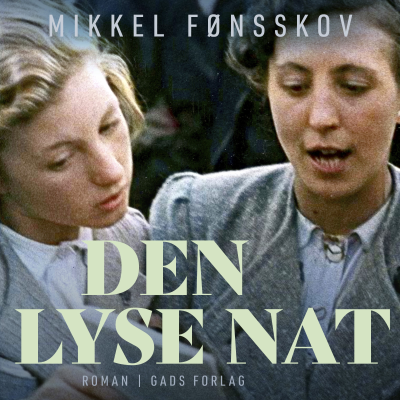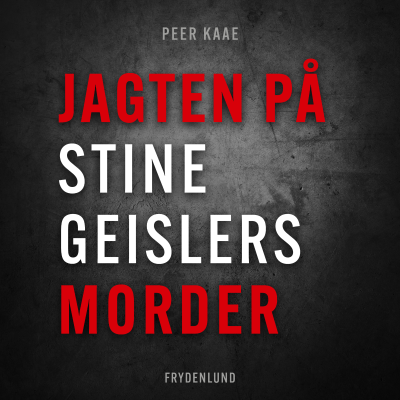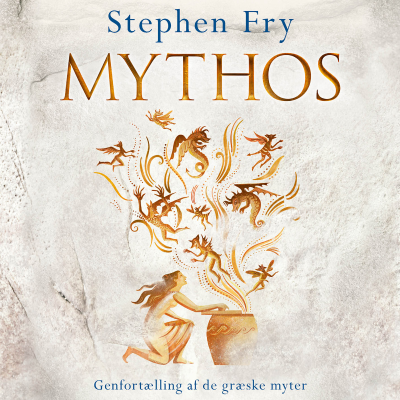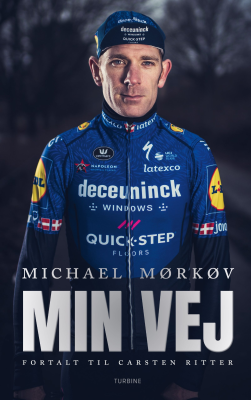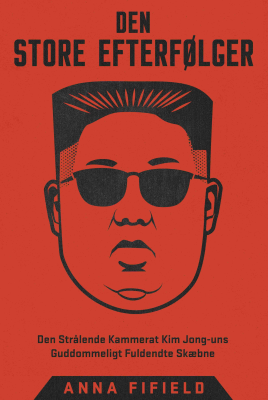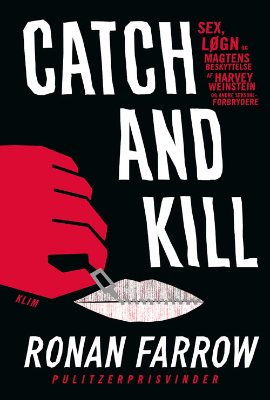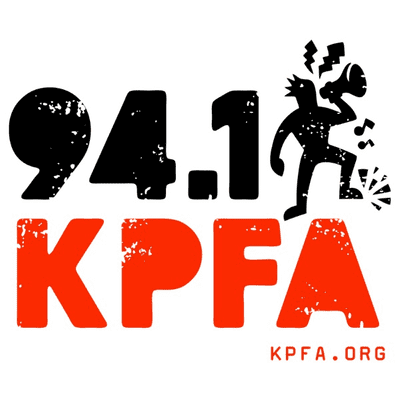
KPFA - Against the Grain
Podcast af Against the Grain
Prøv gratis i 7 dage
99 kr. / måned efter prøveperiode.Ingen binding.

Mere end 1 million lyttere
Du vil elske Podimo, og du er ikke alene
Rated 4.7 in the App Store
Læs mere KPFA - Against the Grain
In-depth analysis and commentary on a variety of matters — political, economic, social, and cultural — important to progressive and radical thinking and activism. Against the Grain is co-produced and co-hosted by Sasha Lilley and C.S. Soong.
Alle episoder
242 episoderSocialist Yugoslavia was born out of resistance to fascist occupation during WW2 and ended in dismemberment and civil war. Today, Yugoslavia’s demise is much better remembered than what came before it. Yet socialist Yugoslavia forged a different path from that of the Soviet Union, which broke with it, and experimented with a form of workers’ self-management, which was hailed at the time across the international left, from anarchists to progressives. Radical educator Andrej Grubacic, who grew up in socialist Yugoslavia, reflects on its history, achievements, and contradictions. (Encore presentation.) Resources: Andrej Grubacic, Don’t Mourn, Balkanize!: Essays After Yugoslavia [1] PM Press, 2010 [1] https://secure.pmpress.org/index.php?l=product_detail&p=263
Why does poetry seem so impenetrable to so many of us? Do poets say something and mean something else? Matthew Zapruder [1] talks about what sets poetry apart from other forms of expression; he also suggests ways to approach, read, and get the most out of poems. Matthew Zapruder, Why Poetry [2] Ecco, 2017 Matthew Zapruder, Father’s Day [3] Copper Canyon Press, 2019 [1] http://matthewzapruder.com/about/ [2] https://www.harpercollins.com/products/why-poetry-matthew-zapruder?variant=32129891237922 [3] https://www.coppercanyonpress.org/pages/browse/book.asp?bg=%7B8C6066D0-4115-4792-8000-F927B27544DD%7D
From radium poisoning to lead in gasoline, from cigarettes to global warming, corporations have responded to revelations of grave harm with denial and concealment. As environmental lawyer Barbara Freese notes, a familiar pattern emerges of blaming victims, refuting evidence, alleging witch-hunts, and attacking the motives of their critics. She discusses the long history of corporate cover up. Resources: Barbara Freese, Industrial-Strength Denial: Eight Stories of Corporations Defending the Indefensible, from the Slave Trade to Climate Change [1] UC Press, 2021 [1] https://www.ucpress.edu/book/9780520383081/industrial-strength-denial
We hear a lot about immigrant farmworkers toiling in the fields, but some of them go on to start their own farms in the U.S. Laura-Anne Minkoff-Zern [1] asserts that although many immigrant farmers of color are committed to alternative food practices, they tend to be overlooked in the story of local and alternative food. The ideals and practices of these farmers, she says, align in certain ways with the push for a more democratically controlled and less exploitative food system. Laura-Anne Minkoff-Zern, The New American Farmer: Immigration, Race, and the Struggle for Sustainability [2] MIT Press, 2019 [1] https://www.maxwell.syr.edu/geo/Minkoff-Zern,_Laura-Anne/ [2] https://mitpress.mit.edu/books/new-american-farmer
Coca-Cola is the most ubiquitous of American brands, the symbol of American capitalism and culture internationally, for better and for worse. It’s been a stand-in for American modernity and a lightening rod for global opposition to US corporate and cultural hegemony. Amanda Ciafone discusses the material and immaterial products of Coca-Cola -- and the resistance that has shaped the trajectory of The Coca-Cola Company. (Encore presentation.) Resources: Amanda Ciafone, Counter-Cola: A Multinational History of the Global Corporation [1] University of California Press, 2019 [1] https://www.ucpress.edu/book/9780520299023/counter-cola

Rated 4.7 in the App Store
Prøv gratis i 7 dage
99 kr. / måned efter prøveperiode.Ingen binding.
Eksklusive podcasts
Uden reklamer
Gratis podcasts
Lydbøger
20 timer / måned













